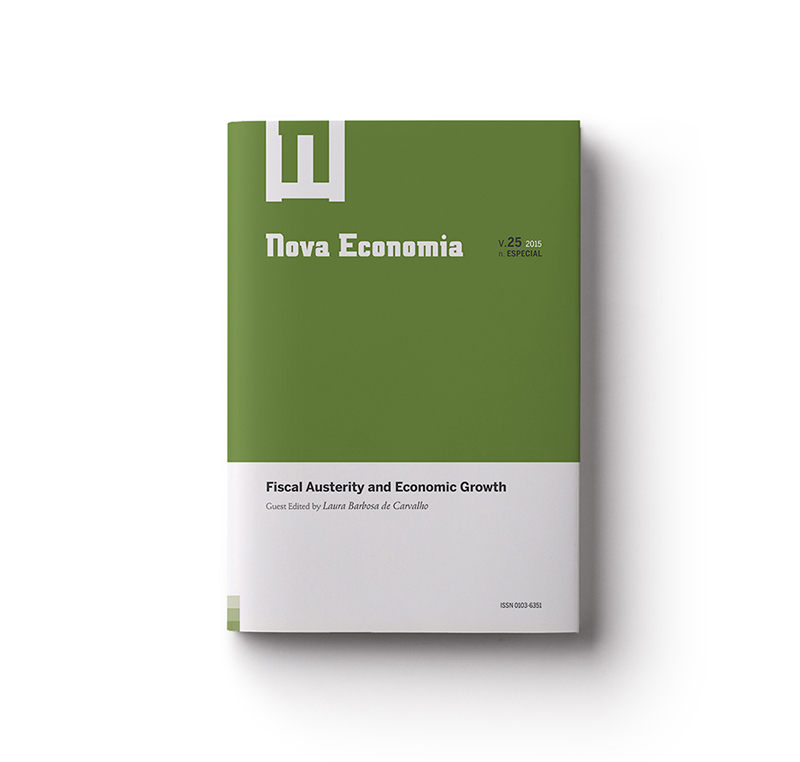Fiscal consolidation in developed and emerging economies
Palavras-chave:
austeridade fiscal, crescimento econômico, correlação, causalidade de Granger, painel não estacionário, regressões aparentemente não correlacionadas (SUR).Resumo
The debate regarding fiscal policy has given support to the formulation of an economic policy based on control of indebtedness and in persecution of public savings, acting as important support for the economic growth. This paper presents evidence that counter acts this theory of expansionary austerity. A set of panel data regressions is estimated – through Driscoll & Kraay’s, FGLS, panel corrected standard errors, and SUR estimators and the causality test approach proposed by Kónya (2006) – in search of robust inference related to the main determinants that encompasses the fiscal framework. Our conclusion is that the empirical evidence - using a set of 20 developed economies and other of 24 emerging economies - suggests that identical economic policies for different countries might conduce to results that are opposite to the desired outcome. Notwithstanding the adverse effects associated to explosive debt path, the search for “fiscal space” should be determined essentially by a pro-growth agenda. This is particularly important for the emerging economies facing the transition path challenges.
Downloads
Publicado
Como Citar
Edição
Seção
Licença
Autore[a]s que publicam nesta revista concordam com os seguintes termos:
- Autore[a]s mantém os direitos autorais e concedem à revista o direito de primeira publicação, com o trabalho simultaneamente licenciado sob a Licença Creative Commons Atribuição 4.0 Internacional que permite o compartilhamento do trabalho com reconhecimento da autoria e publicação inicial nesta revista.
- Autore[a]s têm autorização para assumir contratos adicionais separadamente, para distribuição não-exclusiva da versão do trabalho publicada nesta revista (ex.: publicar em repositório institucional ou como capítulo de livro), com reconhecimento de autoria e publicação inicial nesta revista.
- Autores têm permissão e são estimulados a publicar e distribuir seu trabalho online (ex.: em repositórios institucionais ou na sua página pessoal) a qualquer ponto antes ou durante o processo editorial, já que isso pode gerar alterações produtivas, bem como aumentar o impacto e a citação do trabalho publicado (Veja O Efeito do Acesso Livre).




